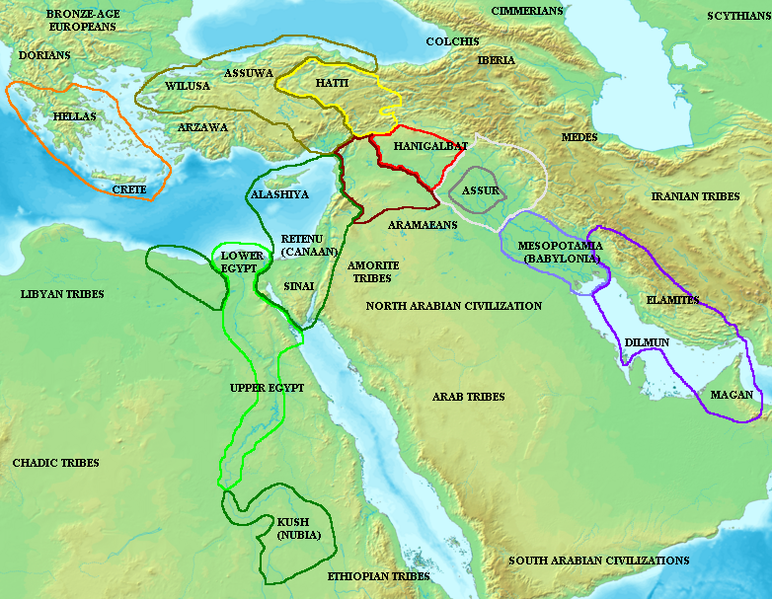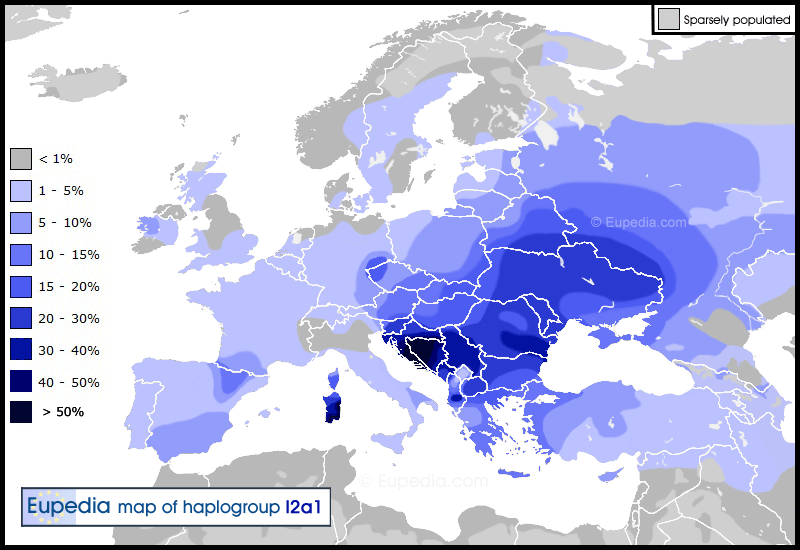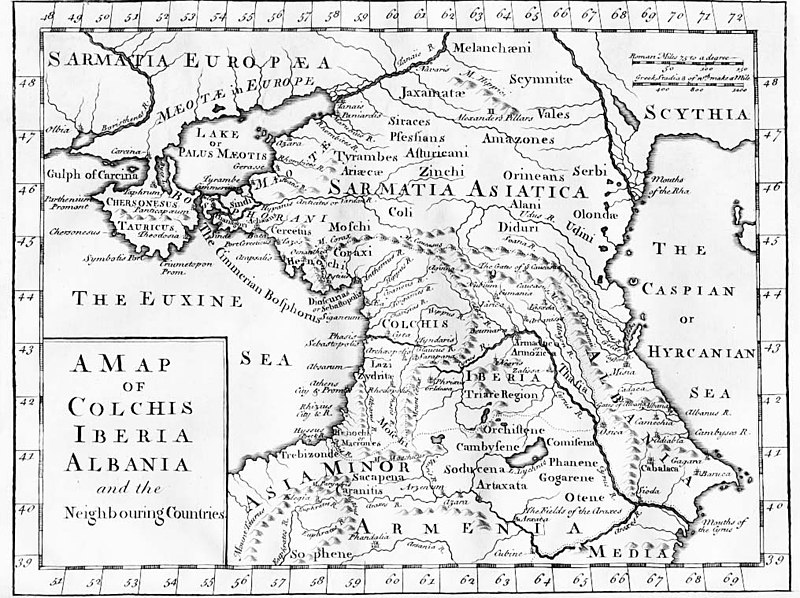how yes no 2
Junior Member
- Messages
- 863
- Reaction score
- 3
- Points
- 0
J2 seems interesting regarding spread of sea peoples...
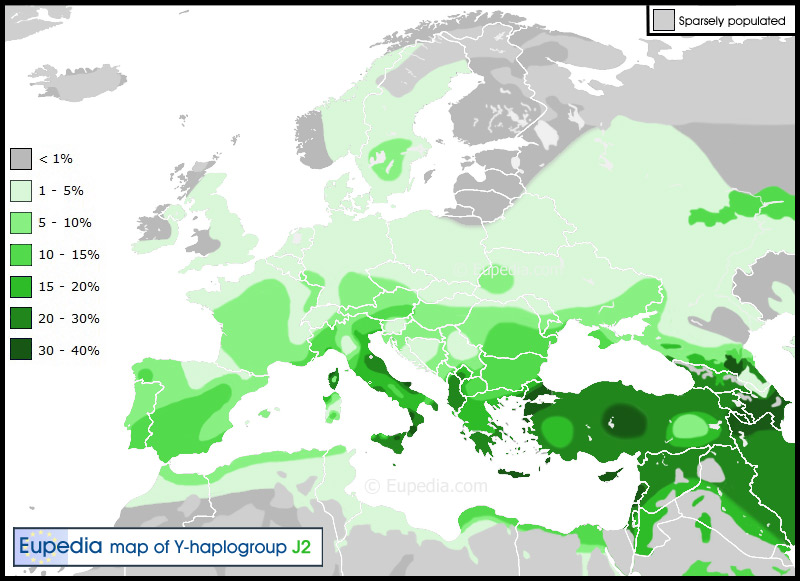
it does go from Asia minor towards south, along sea coasts of Levant, which is direction that sea peoples took
and in general J2 seems to be most sea/water oriented group
R1a and E-V13 in south of Asia minor and in Levant also have interesting spreads...

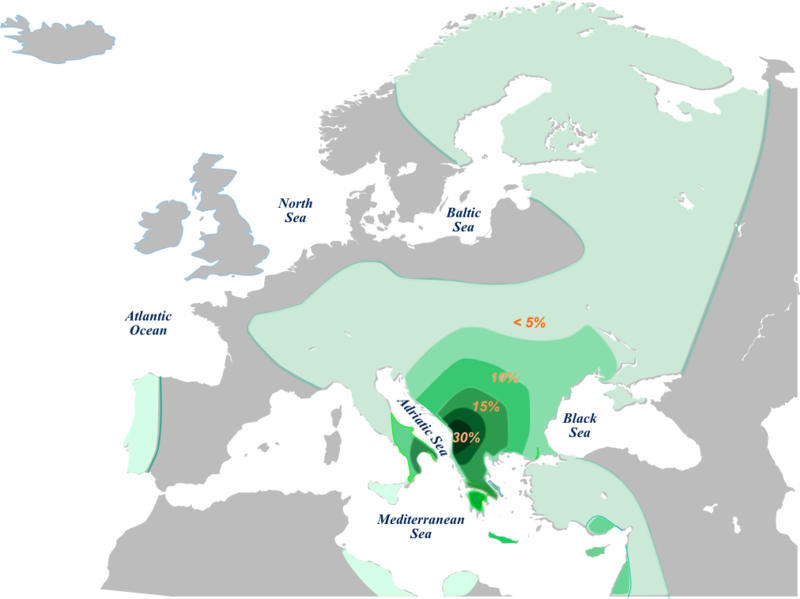
thing is Kosovo Albanians are dominantly E-V13 and do not have at all R1a. They likely origin from Dardanians who are tribe that moved after Trojan war from Asia Minor to Balkan... now, if R1a was already spread all over south of Asia minor they would have had it (as E-V13 comes to Europe via south part of Asia minor which is also part where R1a is present)... as expansion of sea peoples happens short after Trojan war, presence of R1a among sea peoples could have led to the population of south of Asia minor and of Levant with R1a..
in description of sea peoples, northernes comming from all lands are mentioned among them...

it does go from Asia minor towards south, along sea coasts of Levant, which is direction that sea peoples took
and in general J2 seems to be most sea/water oriented group
R1a and E-V13 in south of Asia minor and in Levant also have interesting spreads...


thing is Kosovo Albanians are dominantly E-V13 and do not have at all R1a. They likely origin from Dardanians who are tribe that moved after Trojan war from Asia Minor to Balkan... now, if R1a was already spread all over south of Asia minor they would have had it (as E-V13 comes to Europe via south part of Asia minor which is also part where R1a is present)... as expansion of sea peoples happens short after Trojan war, presence of R1a among sea peoples could have led to the population of south of Asia minor and of Levant with R1a..
in description of sea peoples, northernes comming from all lands are mentioned among them...


